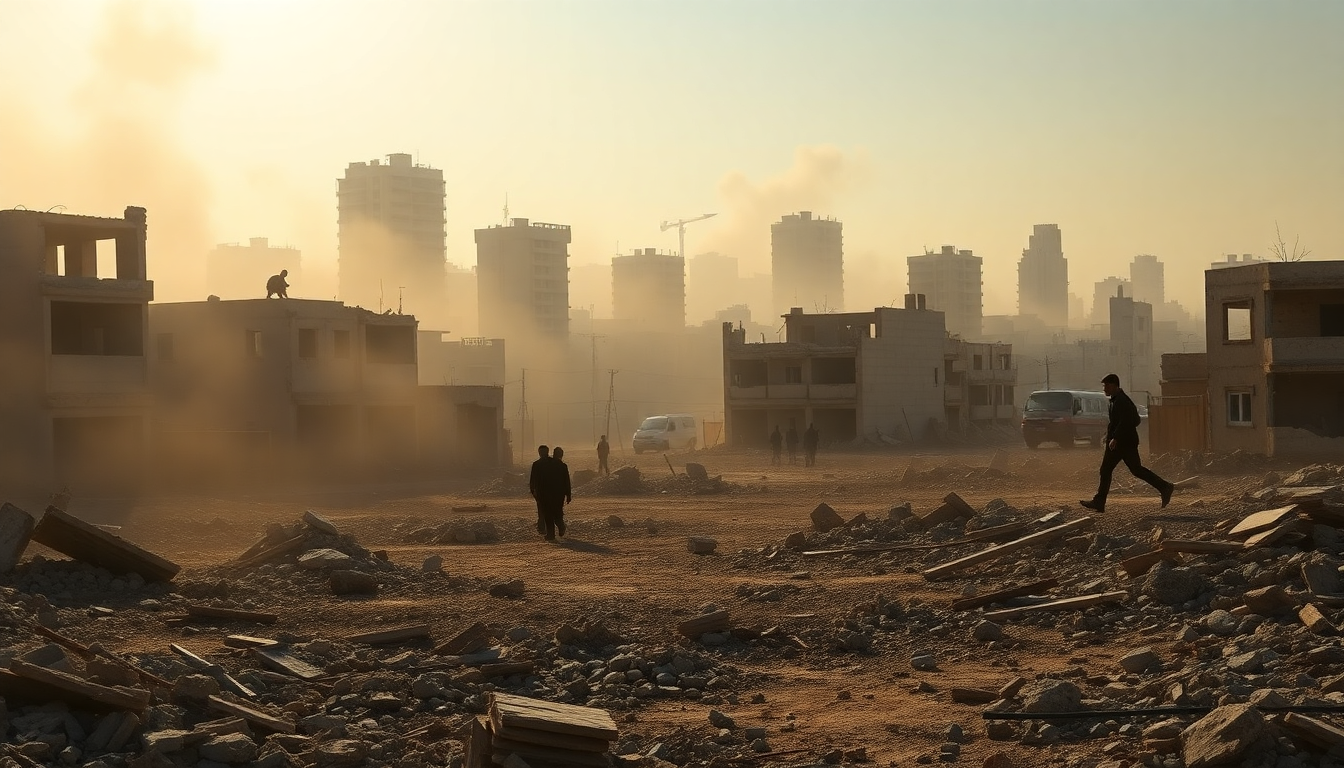Table of Contents
The recent events in Gaza have captured global attention, raising crucial questions about the implications of Israel’s military actions and the ongoing humanitarian crisis in the region. As the situation unfolds, it’s important to dig deeper into the underlying dynamics of the conflict, the responses from world powers, and the impact on everyday civilians caught in the turmoil.
What’s Happening in Gaza Right Now
Israel’s recent decision to ramp up its military operations in Gaza City represents a significant turning point in this long-standing conflict. Reports indicate that the Israeli military is gearing up for a full takeover, which has resulted in mass displacement of residents.
The collateral damage to the civilian population is staggering; many are desperately seeking aid as bombings persist. The haunting images of collapsed buildings and families in distress highlight the urgent need for humanitarian assistance.
The relentless bombardment has ignited shock and fear within the Palestinian community.
A heartbreaking incident involved the loss of Palestinian football star Suleiman al-Obeid, who was tragically killed while trying to find help. Such stories emphasize the dire consequences of this conflict on individuals and families just trying to survive in the chaos.
How the World is Reacting
The international response to the escalating violence has been far from uniform. While some countries express solidarity with the Palestinian cause, others are taking a more cautious approach. For instance, the recent statement from the U.S.
Vice President—asserting that there are ‘no plans’ to recognize a Palestinian state—reflects the complicated geopolitical landscape of the conflict. This position could further complicate efforts to achieve a peaceful resolution.
Additionally, the humanitarian crisis resulting from the conflict has triggered calls for intervention and support from various international organizations.
It begs the question: will the global community step up decisively to address the urgent needs of the people in Gaza, or will the situation continue to spiral without meaningful intervention?
What Lies Ahead?
As we contemplate the future, the potential outcomes of the current situation in Gaza remain uncertain. Analysts warn that ongoing military operations by Israel could provoke increased resistance from Palestinian groups, deepening the cycle of violence. This scenario necessitates careful consideration of strategies that could open the door for dialogue and ultimately, peace.
In conclusion, the crisis in Gaza encapsulates the broader Israeli-Palestinian conflict, marked by long-standing grievances and geopolitical tensions. Understanding these current dynamics is crucial for anyone looking to make sense of this enduring struggle. We can only hope that through dialogue and negotiation, a path toward peace can be forged, alleviating the suffering of countless individuals caught in the crossfire.





